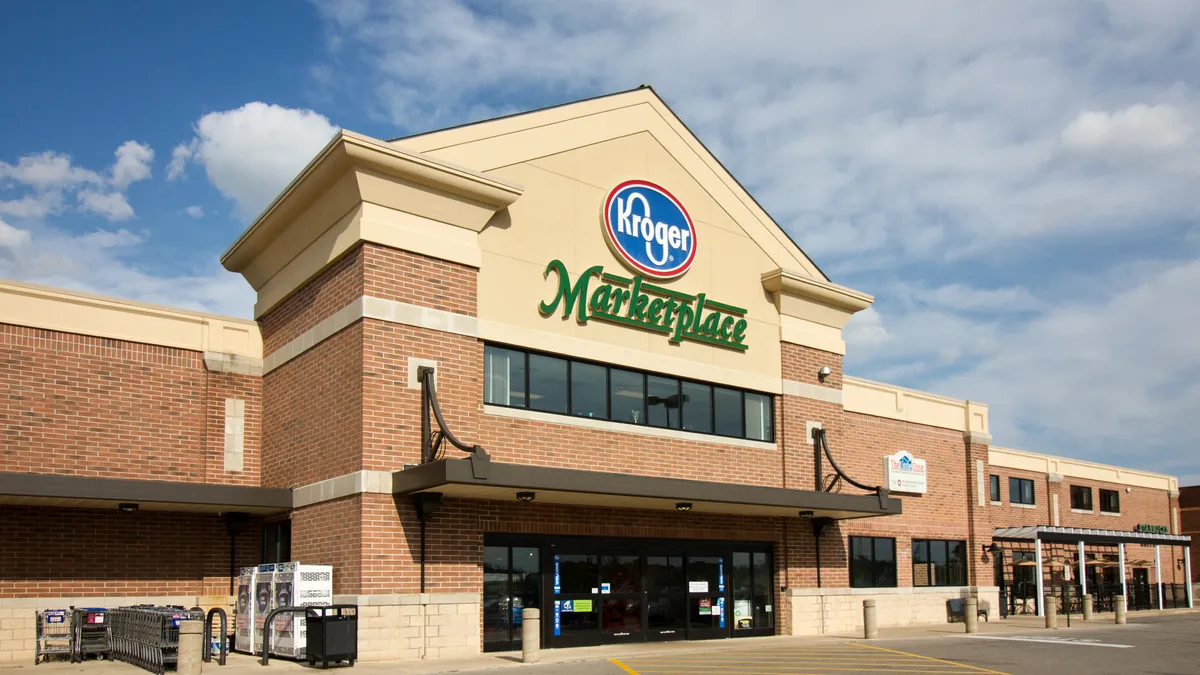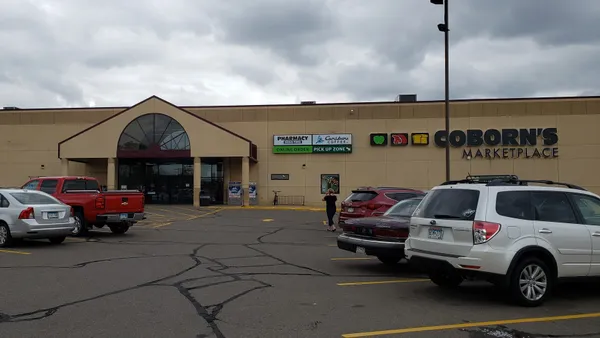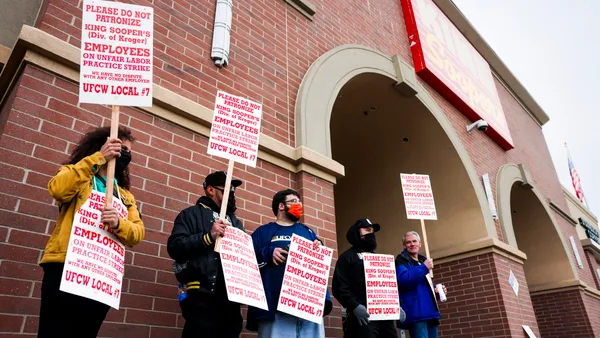A combined Kroger and Albertsons would create a formidable nationwide supermarket competitor with the scale and resources to take on Walmart and Amazon, both now and into the future. It would gain significant distribution efficiencies, hold greater sway with suppliers and have a leading edge in growth areas like e-commerce and retail media.
But first, the companies have to jump over a considerable number of hurdles.
Despite assurances from Kroger CEO Rodney McMullen and Albertsons CEO Vivek Sankaran that their $24.6 billion merger would result in lower prices, consumers — many of them worn down from months of record-high inflation — aren’t quite buying it. The companies are also struggling to win over politicians, as evidenced by the recent grilling the two CEOs faced in a Senate subcommittee hearing on Capitol Hill.
Most importantly, the grocers will have to convince regulators that the deal will have all the positive effects they’ve been touting. This won’t be easy: Experts expect the Federal Trade Commission (FTC) to closely scrutinize store divestitures, both in terms of where locations need to be offloaded and who plans on buying them. Albertsons’ acquisition of Safeway in 2015, when the FTC signed off on a deal that ultimately sunk Northwest grocer Haggen, is likely to loom over the proceedings.
Grocery Dive has been covering the proposed Kroger-Albertsons merger closely, producing not only the latest news updates but also analysis pieces that have tried to answer some of the biggest questions surrounding the potentially game-changing tie-up. This is a collection of our coverage up to this point.













